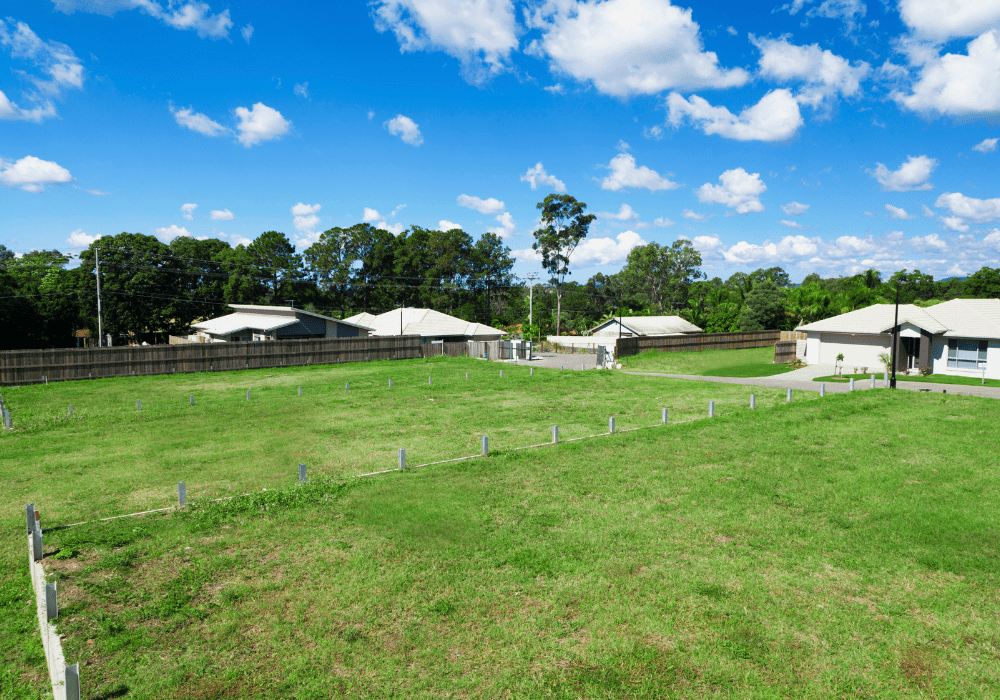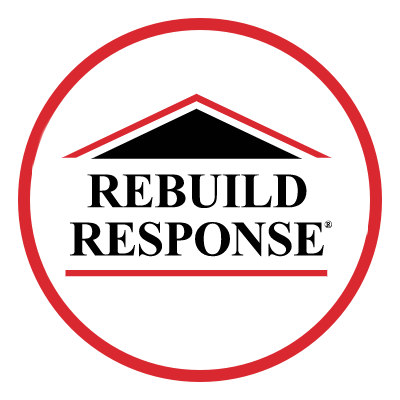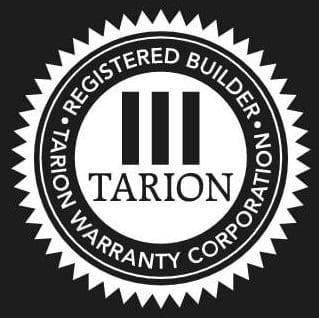Building a custom home is one of the most exciting and significant investments you’ll make in your lifetime. But before you can start designing your dream house, there’s one crucial decision to make—choosing the right lot. This choice sets the foundation for everything that follows, from the architectural design to your daily lifestyle. In this blog post, we’ll explore why selecting the perfect lot is so important and provide practical tips to help homeowners and real estate enthusiasts make an informed decision.
Factors to Consider When Choosing a Lot
Location Matters
Location is often the first thing people consider when looking at lots and for good reason. The right location can impact your quality of life, property value, and even your social interactions. Consider the proximity to schools, workplaces, shopping centers, and recreational areas. Also, think about the neighbourhood’s safety, the community vibe, and future development plans.
For instance, a lot close to good schools is a great choice for families with children, while being near business districts might be ideal for working professionals. Remember, the location will not only affect your daily commute but also your overall satisfaction with your new home.
 Topography and Terrain
Topography and Terrain
The topography of the lot plays a significant role in the design and construction of your home. A sloped lot can offer unique architectural opportunities, such as walk-out basements and multi-level decks. However, it can also present challenges, like increased construction costs and the need for extensive landscaping.
Flat lots, on the other hand, are easier and less expensive to build on but may lack the character and views that sloped lots offer. When evaluating the topography, also consider drainage patterns and potential flooding issues. A thorough site assessment by a professional can save you from future headaches.
The View from Your Future Home
A beautiful view can significantly enhance your living experience and increase your property’s value. Whether it’s a panoramic cityscape, a tranquil lake, or a lush forest, the view from your home can bring joy and tranquillity to your daily life.
When choosing a lot, spend time on the property at different times of the day to understand what your view will be like. Keep in mind that trees grow, and new buildings may alter the landscape. Ensure that the view you fall in love with will remain unobstructed for years to come.
Sunlight and Natural Light
Natural light is a key element in home design and can greatly affect your comfort and energy efficiency. A lot that receives ample sunlight can reduce the need for artificial lighting and heating, leading to lower energy bills and a more sustainable home.
When evaluating a lot, consider its orientation and how sunlight will enter your home throughout the day. North-facing lots in the Northern Hemisphere receive consistent, indirect light, making them ideal for passive solar design. Conversely, south-facing lots can enjoy abundant sunlight in living areas and gardens.
Soil Quality
The quality of the soil on your lot is crucial for the stability and durability of your home’s foundation. Poor soil conditions can lead to significant construction challenges and increased costs. Before purchasing a lot, it’s essential to conduct a soil test to determine its composition and bearing capacity.
Sandy soils, for example, drain well but may require additional reinforcement for foundations. Clay soils can expand and contract with moisture levels, potentially causing foundation issues. Understanding the soil quality will help you plan for any necessary soil amendments or foundation design adjustments.
Zoning Regulations
Zoning regulations dictate what you can and cannot do with your lot. These rules can affect everything from the size and height of your home to the types of structures you can build on the property. It’s essential to review local zoning laws and regulations to ensure your vision for your custom home aligns with legal requirements.
Hiring a local architect or land-use attorney can help you navigate zoning regulations and avoid potential legal issues. They can also assist in obtaining any necessary permits and variances, ensuring a smooth construction process.
Impact on Home Design and Lifestyle
Architectural Design Influences
The lot you choose will have a profound impact on the architectural design of your home. The shape, size, and topography of the lot will dictate the layout, orientation, and structural elements of your house. For example, a narrow lot might require a multi-story design, while a wide, expansive lot could allow for a sprawling ranch-style home.
Additionally, the lot’s natural features, such as trees, rocks, and water bodies, can be incorporated into the design. Building around these elements not only preserves the natural beauty of the site but also creates a unique and harmonious living environment.
Daily Living and Convenience
Your lot choice will also affect your daily lifestyle and convenience. A well-located lot with easy access to amenities and transportation can make life more enjoyable and stress-free. Consider how the lot fits into your daily routine, from commuting to work to running errands and enjoying leisure activities.
Think about future needs as well. If you plan to expand your family or entertain guests frequently, ensure the lot can accommodate these activities. A bit of foresight can save you from future inconveniences and make your home truly adaptable.
Community and Social Interactions
The community surrounding your lot can greatly influence your social interactions and overall happiness. A friendly, tight-knit neighbourhood can provide a sense of belonging and support. Participate in community events and get to know your neighbours during the lot selection process to gauge the community’s vibe.
Also, consider the demographic makeup of the area. Whether you’re looking for a vibrant, youthful community or a quiet, mature neighbourhood, finding a lot in the right social setting can enhance your living experience.
Financial Implications
Immediate Costs and Investments
The cost of the lot is just the beginning of your financial investment. Additional expenses can include site preparation, utility connections, and landscaping. It’s essential to budget for these costs to avoid unexpected financial strain.
Work with a financial advisor or real estate expert to understand the full scope of your investment. This will help you make an informed decision and ensure that your custom home project stays within budget.
 Long-term Financial Benefits
Long-term Financial Benefits
Choosing the right lot can yield long-term financial benefits. A well-located lot in a desirable neighbourhood can be appreciated significantly, providing a substantial return on investment. Additionally, features like a beautiful view or proximity to amenities can make your home more attractive to future buyers.
Consider the potential for future development in the area. Planned infrastructure improvements, new schools, or commercial developments can increase property values. Staying informed about local development plans can help you make a strategic investment.
Resale Value and Marketability
The lot’s characteristics can also impact the resale value and marketability of your home. Unique features like a scenic view, large size, or desirable location can make your property stand out in the market. On the other hand, lots with challenging topography or poor soil quality may deter potential buyers.
Working with a real estate agent who understands the local market can provide valuable insights into the lot’s future marketability. They can help you assess the pros and cons and make a choice that aligns with your long-term financial goals.
Tips for Making the Right Choice
Conduct Thorough Research
Before making a decision, conduct thorough research on potential lots. Visit the area multiple times, talk to locals, and review property records. Understanding the history of the lot and its surroundings can provide valuable context for your decision.
Online resources, such as real estate websites and local government portals, can offer additional information on zoning regulations, crime rates, and school ratings. Combining online research with on-site visits will give you a comprehensive understanding of the lot’s potential.
Consult with Experts
Engage professionals like real estate agents, architects, and surveyors to guide you through the lot selection process. Their expertise can help you identify potential issues and make informed decisions. They can also provide insights into market trends and help you negotiate the best deal.
Don’t hesitate to seek multiple opinions and ask detailed questions. The more information you gather, the more confident you’ll be in your choice.
Trust Your Instincts
While research and expert advice are crucial, trusting your instincts is equally important. If a lot feels right and aligns with your vision for your custom home, it may be the perfect choice. Your intuition, combined with factual information, can lead you to a decision you’ll be happy with for years to come.
Remember, this is your dream home, and the lot you choose will be the canvas for your vision. Take your time, weigh your options, and trust yourself to make the best choice.
Choosing the right lot for your custom home is a crucial step that sets the stage for your entire project. From the location and topography to financial implications and lifestyle impacts, every aspect of the lot will influence your home’s design and your daily life. By conducting thorough research, consulting with experts, and trusting your instincts, you can make an informed decision that aligns with your vision and goals. We encourage you to share your experiences and insights with our community and continue exploring the exciting world of custom home building.



